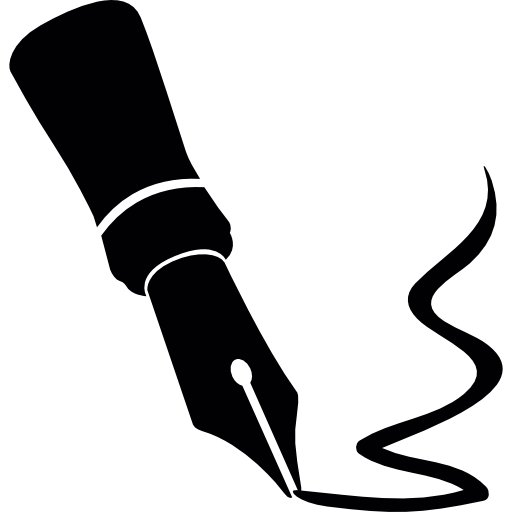You just entered Beta. You have researched your story, established your characters, settings, ideas to use in the story. You have even done your minimal plotting and now you roughly have an idea of at least three points you need to reach inside your story. So the task at hand doesn’t feel so daunting anymore.
Now is the time to start writing.

Some writers prefer to write starting with page 1, going to page 2, page 3 and so on. Others prefer to first write the scenes that haunted them. Those scenes that are so clear in their mind that they need no further waiting and baking. While some others write the scenes in chronological order. That’s especially useful when your story jumps around in time with a lot of flashbacks or different timelines.
The important thing is to give yourself some deadlines, or at least a measurement unit. You need to finish the first Act in a month, for instance. Or, you need to try and write a minimum number of words per day, so in these many months you can have your first draft done.

You may not realize it now, but it’s crucial that you keep a steady writing pace. If you’re pausing writing for too long, the story goes cold and then it will take you a lot of time and effort to get back in.
You may not feel it in the beginning. You’re enthusiastic about writing a novel, you’re happy about knowing what you’re writing and barely containing yourself at the thought of holding in your hands the finished book—your brilliant premise turned into something real that everyone will love and cherish.
You’ll be 1000 words in and you’ll feel the need to yell from the top of your lungs how good it feels. 1500 words in, and it will be glorious. 2000 words in and that’s the way to go. Word after word your story becomes concrete. Becomes a reality. 5000 words in and you’re counting—85,000 more to go. 6000 words and you’ll feel a little bit tired. At 8000 words your breathing is shallow. You haven’t even reached 10,000 and you’re already panting, sweating, scratching your head. You want to get to the end faster and taste the victory.
And then your friends sweep in and take you on a journey of delight and entertaining life after work, and you know you deserve it. I mean, you work so hard for that salary to put food on the table and keep the lights on, you’re entitled to some release. You can write later. You have to live your life. Live in the moment.

You need to pace yourself and keep at writing as if it is the real work. As if it puts food on your table. As if you stop doing it you’ll end up in the streets. Writing a novel requires that kind of commitment. It’s not a vacation and it’s not something you do when there’s nothing else to do. You either write or you don’t.
So, let’s assume you keep writing…
